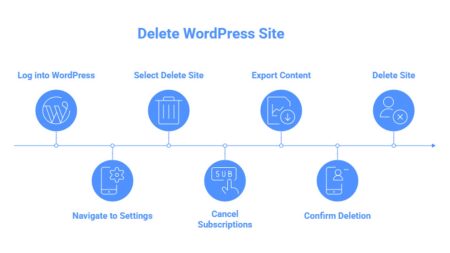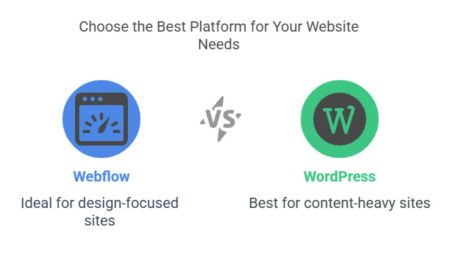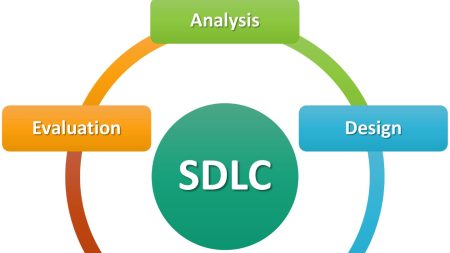Outsourcing SaaS development isn’t just a trend – it’s a lifeline for businesses aiming to scale with finesse. Picture this: your in-house team is an orchestra, and each member plays a critical instrument. But sometimes, you need a virtuoso soloist to amplify the melody. That’s where SaaS outsourcing becomes your secret weapon. This blog unpacks the ins and outs of outsourcing SaaS development. Let’s dive in, armed with a roadmap, a compass, and a pinch of humor.
The Symphony of SaaS Outsourcing
Outsourcing SaaS development is like outsourcing a crucial subplot in a blockbuster movie. It doesn’t diminish the main cast; it elevates the story. Companies that choose SaaS outsourcing leverage external expertise to accelerate innovation, reduce costs, and conquer market challenges. Consider this stat: the global SaaS market is forecast to reach $720 billion by 2028.
As businesses scramble for a slice of the pie, they’re increasingly turning to SaaS development outsourcing to gain a competitive edge. But why outsource SaaS development? Why not keep everything in-house? Think of it this way: you wouldn’t bake your own wedding cake if you’ve never cracked an egg.
Reasons to Go Global with SaaS Outsourcing
- Access to a Goldmine of Talent
A wide talent pool means better problem-solving, fresher ideas, and expertise in cutting-edge technologies. According to Gartner, 70% of businesses use outsourcing to address the IT talent shortage. - Cost-Effectiveness
Hiring local developers can cost a king’s ransom. Outsourcing SaaS development cuts operational costs without compromising quality. A Deloitte study revealed that 59% of companies outsource to save money. - Faster Time-to-Market
Need to get your product out yesterday? Outsourcing accelerates timelines. Specialized teams know the ropes and can sidestep common pitfalls. - Focus on Core Business
Let external teams (including front-end and back-end developers, UI/UX designers, QA testers, etc) handle the heavy lifting while your internal crew steers the strategic ship. Delegation is not a sign of weakness – it’s a hallmark of effective leadership.
The Perks and Pitfalls of SaaS Outsourcing
No journey is without its bumps. SaaS outsourcing offers immense benefits, but it’s no golden goose without challenges.
The Perks:
- Scalability on Demand
Need to scale quickly? Outsourced teams (for example, SDaaS) are like elastic bands – flexible and ready to expand. - Diverse Perspectives
Partnering with teams from varied backgrounds enriches your product’s development. Fresh eyes see what yours might miss.
The Pitfalls:
- Communication Barriers
Misaligned time zones or language gaps can slow down progress. - Data Security Concerns
Sharing sensitive information requires a robust contract and trust in your outsourcing partner.
To dodge these landmines, build clear contracts and establish open lines of communication. Think of it as a prenuptial agreement with your outsourcing partner.
Choose the Right SaaS Outsourcing Partner
Finding the right partner isn’t speed dating; it’s a marriage of minds. You’re not just hiring hands – you’re inviting a brain trust.
- Portfolio First
A partner’s track record is their fingerprint. Look for projects similar to yours. If they’ve scaled the Himalayas, they can climb your hill. - Cultural Alignment
Shared values smoothen the collaboration process. While differences spark innovation, core principles must resonate. - Technology Stack Expertise
If your project calls for Python, don’t hire someone fluent in JavaScript alone. Match their skills to your needs. - References Matter
Ask for testimonials. A glowing review from a previous client speaks volumes.
The Case for SaaS Customer Support Outsourcing
SaaS customer support outsourcing is often the unsung hero of success. While the devs get accolades for creating the product, the support team keeps customers loyal. Outsourcing this function is not about offloading work – it’s about optimizing customer experience. According to Zendesk, 60% of customers stop doing business with a brand after just one poor service experience. Outsourcing SaaS customer support ensures round-the-clock assistance and expertise.
Benefits include:
- Global Coverage: Your customers don’t sleep at the same time, so neither should your support team.
- Cost Savings: Maintaining a 24/7 team in-house can burn a hole in your pocket.
- Improved Customer Retention: Happy customers stick around longer.
Common Missteps in SaaS Development Outsource
SaaS development outsource isn’t foolproof, and mistakes are inevitable without proper planning. Some rookie errors include:
- Skipping Due Diligence
Handshakes alone don’t cut it. Dive deep into your partner’s credentials and processes. - Undefined Goals
Ambiguity breeds chaos. Spell out objectives, deliverables, and timelines. - Overlooking Data Security
Failing to secure intellectual property can lead to nightmares. Use NDAs and robust contracts. - Underestimating Costs
While outsourcing saves money, hidden fees can catch you off guard. Clarify billing structures upfront.
The Future of SaaS Outsourcing
The SaaS outsourcing landscape isn’t static. Emerging trends like AI, blockchain, and edge computing are reshaping how outsourcing works. As these technologies evolve, so will outsourcing strategies.
- AI-Powered Development
Machine learning enables outsourced teams to predict challenges and optimize workflows. - Blockchain for Security
Blockchain offers transparency and security, addressing data privacy concerns in SaaS development outsourcing. - Focus on Sustainability
Many businesses now evaluate partners based on eco-friendly practices.
The future is as much about what you outsource as it is about how you outsource.
Wrapping It Up with a Bow
SaaS outsourcing is a dynamic dance of collaboration, trust, and strategy. It presents an attractive and strategic solution for businesses looking to harness the power of flexible, scalable, and cost-effective software solutions. When done right, it’s the key to unlocking agility and innovation. But it’s not a silver bullet. Every decision needs forethought and a dash of daring. Think of outsourcing SaaS development like planting a tree. You water it, nurture it, and watch it grow. And someday, it bears fruit. Choose your seeds wisely.
Read also interesting article about custom developed software.











